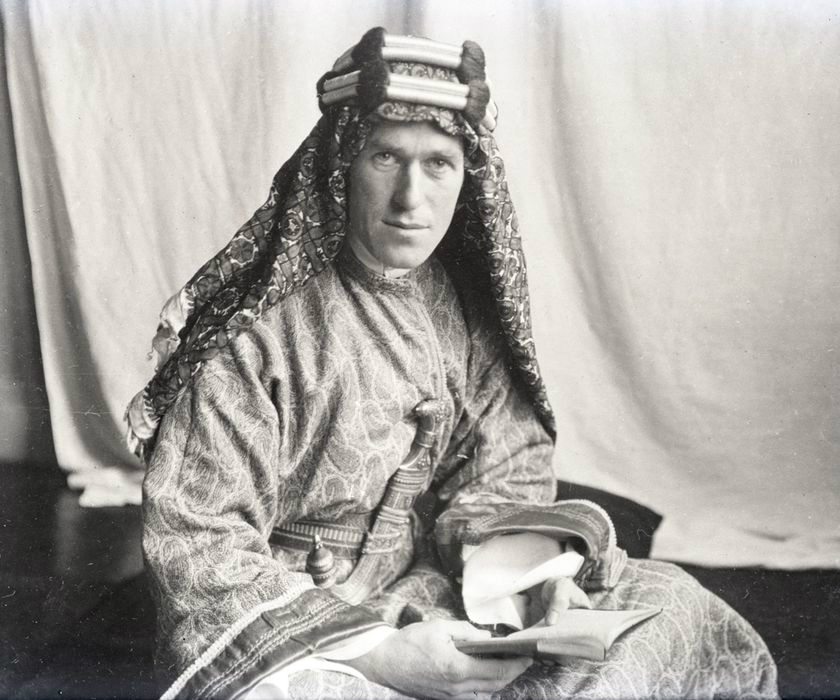The First World War (1914-18) has often been described as ‘The Great War’ and ‘the war to end all wars.’ It is given such accolades because despite the many brave and heroic actions that took place, it’s also recognised as being one of the most tragically painful episodes of human history with immense suffering, as no-one can be certain how many lives were actually lost on the battlefield. Historians estimate that it may be as many as 10 million people killed with another 20 million people wounded. It was therefore hoped that the world would never see such a conflict again, but sadly within a few short years not only did we have the Second World War but there have been many other conflicts since. It’s no wonder that the Christian poet, Steve Turner, was inspired to write ‘History repeats itself. It has to – no one listens.’
To those of us who have, thankfully, only ever known peace, the current war in Ukraine with all its evidence of mass graves, torture chambers and deportations reminds us of just how dirty, depraved, and brutal war can be, causing much damage to people’s lives, infrastructure and society. We can therefore only hope and pray that the innocent will find peace; the good will prevail; and that the wicked will be brought both to heel and to justice.
In such circumstances, many of us will remember the biblical verse, “Greater love has no-one than this, that he lay down his life for his friends” (John 15.13), often quoted on Remembrance Sunday. It’s true, there is no greater love than making this ultimate sacrifice. But it also needs to be remembered that that particular verse is set within a passage that not only commands us to be loving in death – but in life! This is my command says Jesus, “Love each other as I have loved you” (John 15.12). War sometimes requires us to live and love sacrificially, but that same quality should also be evident in times of peace, as we endeavour to see others the same way that God sees them. Ultimately, it was this same quality of sacrificial love and purpose that drove Jesus to die for us upon the cross, taking upon himself not only the consequences of our fallen nature but offering us the forgiveness of sins when we put our faith and trust in him. The Bible reveals not only how ‘in love’ Jesus lived and died for us, but how as ‘God incarnate’ he rose again. His resurrection therefore (which is promised to all who believe) heralds not only a new way of life, but a new way of living forever as part of God’s new creation which we call heaven, where God will wipe away every tear from our eyes, and where “there will be no more death or mourning or crying or pain” for all that has passed away (Revelation 21.4). How much do we long for that!
Please join us in church this Remembrance Sunday as we commemorate all those who sacrificially gave so much serving our nation in times of war, so that we might be free to live and love in peace.
“This is how we know what love is: Jesus Christ laid down his life for us.”
1 John 3.16





